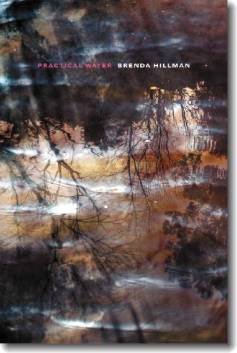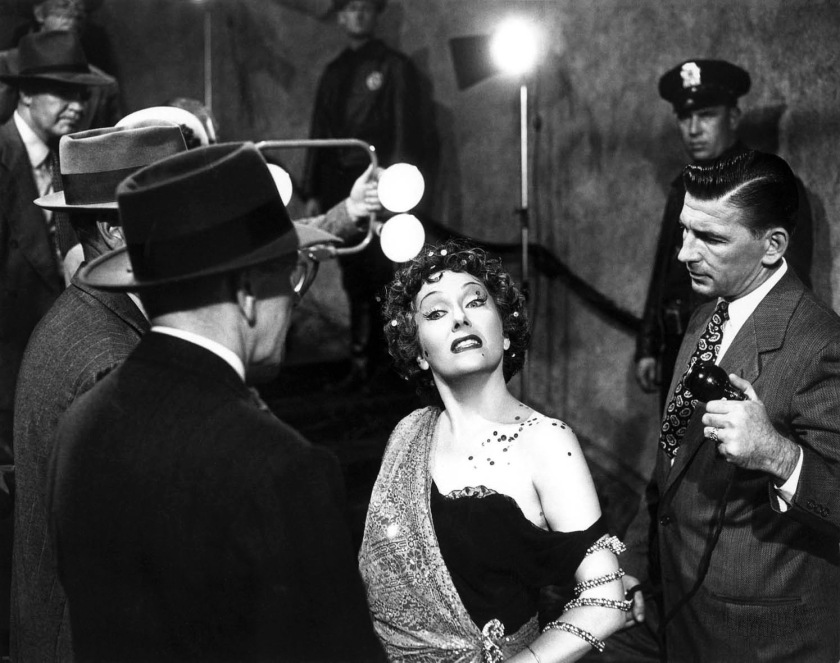
Throughout this semester I have used these blog posts to help me more fully understand the texts we’ve worked with. Throughout all of these posts I have experimented with my voice, going from a much more personal one to a primarily academic, to something mostly in between. In many of my first few posts, much of my content consists of my reactions to the readings. These reactions serve as my starting off point for understanding them. Once I have evaluated my experience, I can then interpret these as to see the implications of each text along with getting at the author’s intentions. I continue noting these reactions but my analysis also became more focused throughout these posts on specific ideas and scenes, and I spend a good portion of my writing to this. Especially in my Steinbeck posts, I analyze specific scenes and questions in detail. Regarding the poetry books, I take some time to focus on individual poems. By focusing on these specific elements of individual aspects of certain poems or certain ideas presented in a text, I am able to see more clearly broader ideas of the works. If I do end up summarizing the readings I try to do so in order to better understand these readings and to summarize in a way that expresses my own unique interpretation.
As I was experimenting with this style of writing, I used it as an opportunity to read more fully. In many of my posts—especially the Steinbeck, Himes, Didion, and Hillman ones—I note how I was struggling to understand the texts. I used my writings here to process through what I had just read. After my writing session, I felt like I had a much better understanding and appreciation for what I had just read. I would begin my posts with my experience of reading, then if it was especially confusing I would first address the form (like for the poetry books). Once I had taken the time to break down these elements, I could then begin to notice larger themes in the text. Like how in my Steinbeck posts I start with all of these questions my reading experience has generated, and then explore the explanations to these questions in order to reach a conclusion about the theme. I have found these conclusions to be very useful for class discussion, as I would bring them up and examine them in more detail as a group. These posts were also helpful in noticing overarching themes. For instance, after blogging about If He Hollers and Sunset Boulevard I began to note in my writing and class discussions how the idea of the California Dream could be helpful and harmful to its believers. By analyzing the form, tone, characters, and then themes of each reading in my posts, I have been able to more clearly see similarities among California literature.
Over the course of the semester I have tried to incorporate more media and visually stimulating elements to my posts. By including images pertinent to the post I hope to make the website more appealing to viewers. I also experimented with the formatting of the blog itself. I kept in mind an artistic eye of what would be aesthetically valuable and pertinent to my writings. Thus, I have included images representing the California landscape and stuck with natural colors that would be relevant to many texts heavy in natural California imagery like Steinbeck, Coolbrith, and Muir. I have also been religious with adding plenty of tags, which I believe has been helpful at getting the public to like and follow my posts and blog. Overall I believe all elements of creating this blog has been helpful—in its opportunities it has given me for exploring my writing voice, my own understandings of each texts, and for continuing a broader discussion of the California literature genre.





